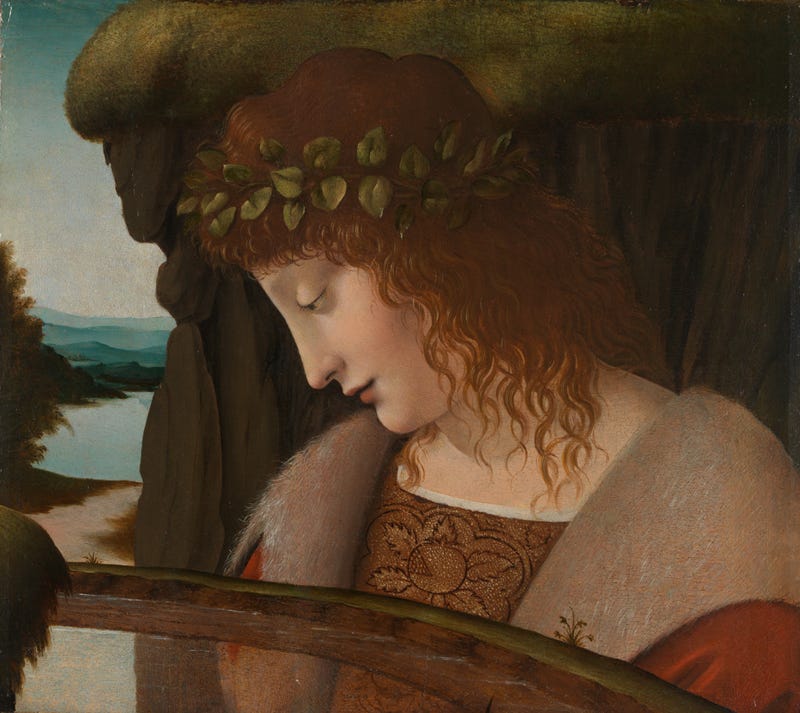
Steven Knepper holds the Bruce C. Gottwald, Jr. ’81 Chair for Academic Excellence at the Virginia Military Institute, where he teaches in the Department of English, Rhetoric, and Humanistic Studies. He is the author of Wonder Strikes: Approaching Aesthetics and Literature with William Desmond and co-author of a forthcoming critical introduction to the philosopher and cultural theorist Byung-Chul Han. Like us at Poems Ancient and Modern, Steve has an abiding interest in the Moderns, those experimentalists at the start of the last century whose artistic revolutions have now become tradition. We nurse a particular affection for the myth-haunted strangeness of Hilda Doolittle (1886–1961), who signed her poems “H.D.” — and so we leapt at Steve’s suggestion that he write about her gnomic, existentially anxious early poem, “The Pool.”
Keep reading with a 7-day free trial
Subscribe to Poems Ancient and Modern to keep reading this post and get 7 days of free access to the full post archives.





